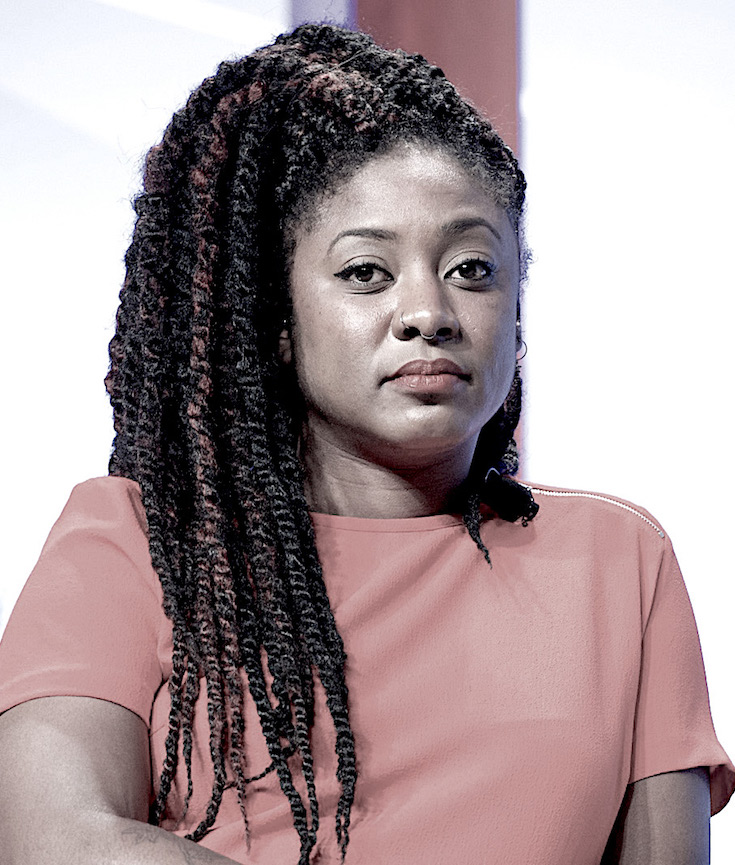Now, a sweeping new report from the nonprofit Institute for Women’s Policy Research, funded by the National Domestic Workers Alliance, provides the data to back this up.
Released Wednesday, the report shows black women working more and getting less in return across all areas of American life. Black women voted at higher rates than any other group in 2008 and 2012 (and in 2014, more than any other group except white men and women)—but they remain drastically underrepresented in both state and national politics. The share of black women with a college degree has increased by almost 24 percent since the early 2000s, but they graduated with more debt and worse prospects than white students. And black women participate in the workforce at higher rates than other women, yet they’re among the most likely to live in poverty, second only to indigenous women.
[mc4wp_form id=”6042″]
 Photo | Earl Gibson III/Getty Images
Photo | Earl Gibson III/Getty Images
Black Lives Matter (BLM) is an international activist movement, originating in the African-American community, that campaigns against violence toward black people. BLM regularly organizes protests around the deaths of black people in killings by law enforcement officers, and broader issues of racial profiling, police brutality, and racial inequality in the United States criminal justice system.
In 2013, the movement began with the use of the hashtag #BlackLivesMatter on social media, after the acquittal of George Zimmerman in the shooting death of African-American teen Trayvon Martin. Black Lives Matter became nationally recognized for its street demonstrations following the 2014 deaths of two African Americans: Michael Brown, resulting in protests and unrest in Ferguson, and Eric Garner in New York City.
Since the Ferguson protests, participants in the movement have demonstrated against the deaths of numerous other African Americans by police actions or while in police custody, including those of Tamir Rice, Eric Harris, Walter Scott, Jonathan Ferrell, Sandra Bland, Samuel DuBose and Freddie Gray. In the Summer of 2015, Black Lives Matter began to publicly challenge politicians—including politicians in the 2016 United States presidential election—to state their positions on BLM issues. The overall Black Lives Matter movement, however, is a decentralized network and has no formal hierarchy or structure. (Wikipedia).


You must be logged in to post a comment.